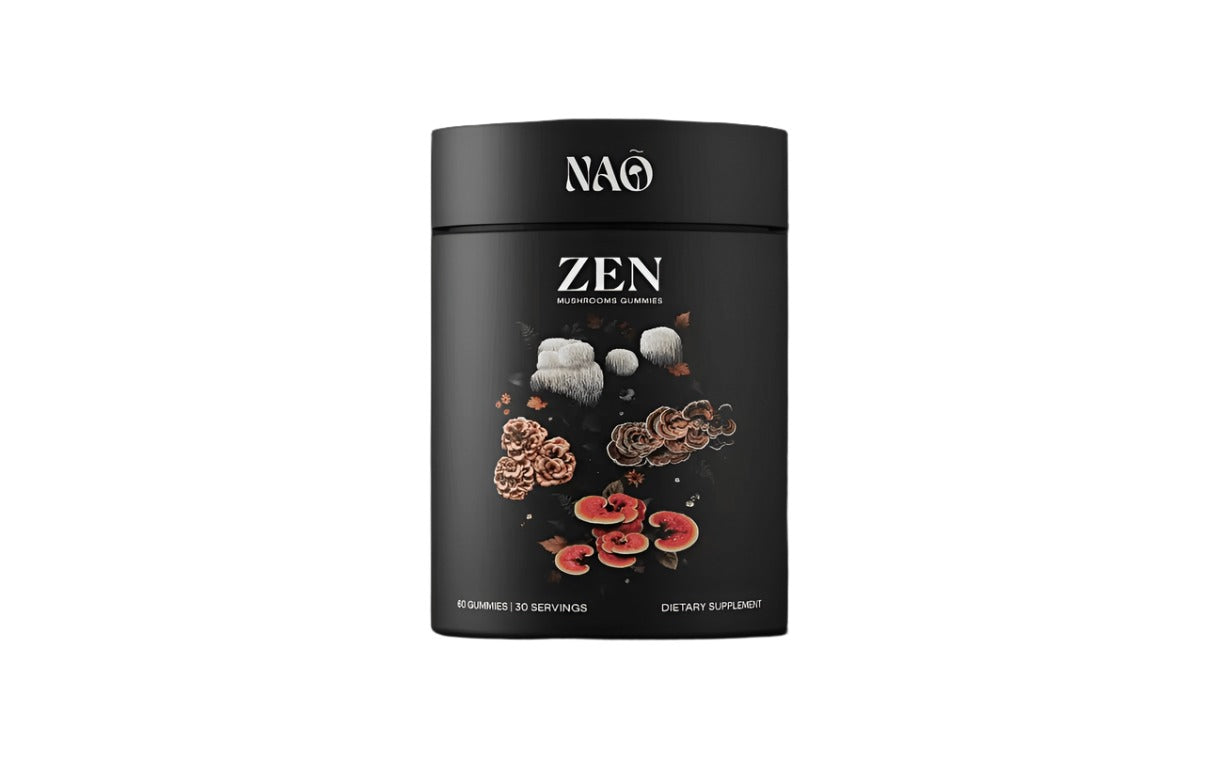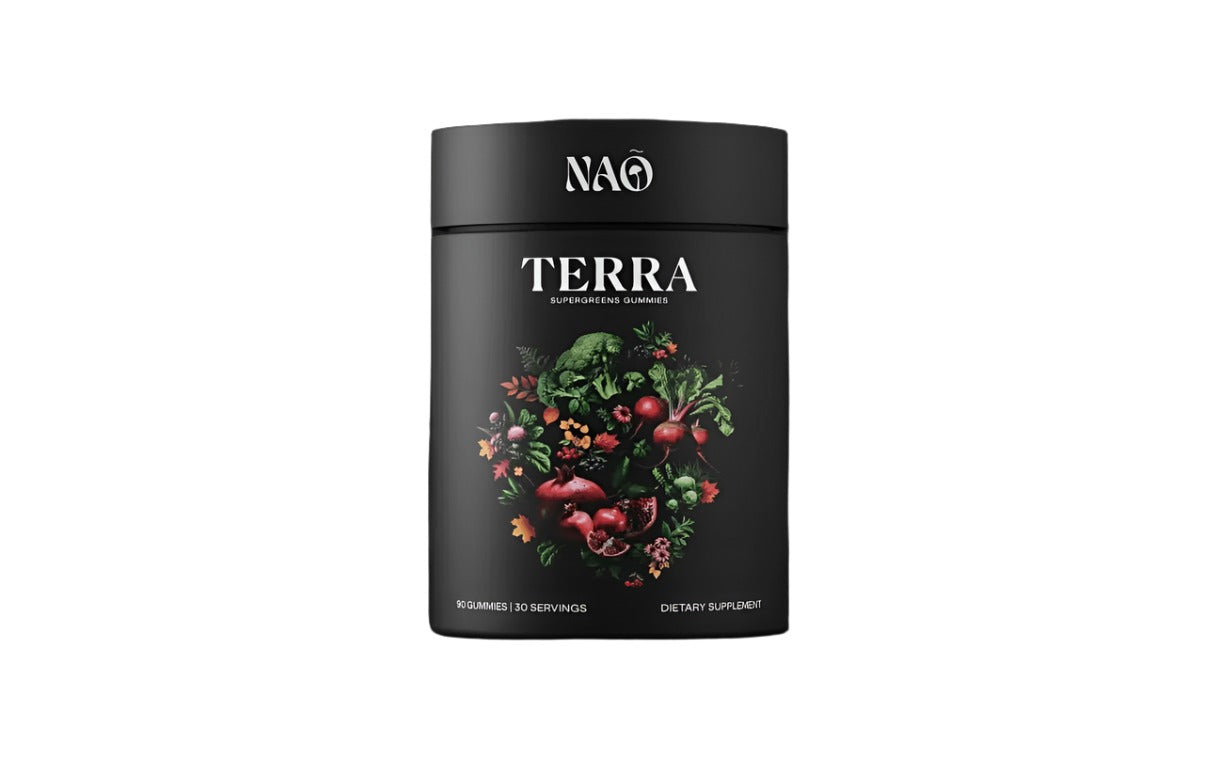Maintaining a healthy diet in today’s fast-moving world is not so easy. Busy schedules and short time for meal preparation-the high requirement of fruits and vegetables cannot be met by most of us. Here come fruit and vegetable supplements, guaranteeing to fill this gap with an efficient and easy solution. But then again, the moot question is, will they ever be able to replace whole fruits and veggies?
It is an interesting topic, as one could imagine: while these supplements do have a huge dose of vitamins and minerals, whether they can substitute for the real thing has not stopped being debated. Are you getting what you need, or is the hidden treasure leftover?
Below, we look at what research says about the efficacy of supplements in general, and whether these could be a good option for daily nutrition. So, do fruit and vegetable supplements work? Are fruit or vegetable supplements really everything they are cracked up to be? Let’s explore!
What Are Fruit and Vegetable Supplements?
Concentrated fruit and vegetable supplements are supposed to make it easy for the body to get the important nutrients it needs from fruits and vegetables. The forms in which they mostly come include capsule, powder, and chewable forms. The supplements on WellNao aim at filling day-to-day nutritional deficiencies in those unable or accessing fewer amounts of fresh produce. Mostly, they come as an alternative to whole fruits and vegetables and promise to deliver vitamins, minerals, and antioxidants in quick and portable ways.

They contain the extracts, powders, or freeze-dried forms of various fruits and vegetables nutritionally. Most of them are packed with key vitamins, such as vitamin C, vitamin A, and vitamin K, added to minerals like potassium and magnesium. A few of them are even boasted for high levels of antioxidants and fiber. While they do pack a concentrated dose of nutrients, they often lack other aspects of whole food, such as phytochemicals, water content, and dietary fiber vital for digestion.
The main difference between supplements and natural fruits and vegetables is in the nutritional makeup as a whole. Although the supplement may provide the isolated nutrient, it will not be able to give you the whole package of fiber, enzymes, and natural compounds so valuable to health.
Benefits of Fruit and Vegetable Supplements
Among these many advantages, fruit and vegetable supplements offer a number of benefits, especially to those who are unable to consume the recommended amount on a daily basis. Although they can never replace whole fruits and vegetables, they can be of immense support to complete the nutritional deficiencies and provide essential nutrients that the body needs for general health. These are the main advantages of incorporating such supplements in your diet:
- Supplementing nutritional gaps: Among the prime benefits of fruit and vegetable supplements are that they fill nutritional gaps left by an otherwise unbalanced diet. If you are not getting enough servings of fruits and vegetables every day, supplements give you valuable vitamins and minerals, including vitamin C, vitamin A, and potassium, needed for energy, immune function, and cellular maintenance.
- Rich in antioxidants: Almost all fruit and vegetable supplements have abundant amounts of antioxidants that help neutralize free radicals within the body, possibly reducing oxidative stress and inflammation. These antioxidants, such as vitamin E and beta-carotene, protect skin and keep it younger and healthier, while also protecting cardiovascular health. Evidence has shown that a diet rich in antioxidants lowers the risk of contracting chronic diseases such as heart diseases and some cancers.
- Convenience: Many people have very tight schedules, and for them, supplements are a convenient way of consuming some very important nutrients. They are portable and don’t require any preparation; thus, they fit those who never have time to cook and go out shopping for fresh produce on a daily basis.
- General health: There is also a link between routine use of fruit and vegetable supplements and immune system health, heart health, and integumentary health. They provide a readily available dose of the needed vitamins and minerals which will stimulate normal bodily functions. While whole foods are best, supplements do provide a very beneficial boost during times when diets lack the proper nutrients.
While more research might be warranted, active ingredients of fruits and vegetables might support general health and well-being via supplements, at least in those for whom fresh products are not available.
Can Supplements Replace Whole Fruits and Vegetables?
While fruit and vegetable supplements can fill nutritional gaps, they can never replace the whole fruits and vegetables. Whole foods contain a complete package of nutrients, including fiber, water content, and certain phytonutrients missing or less concentrated in supplements, and together in ways that supplements cannot replicate.

For example, an apple contains not only vitamin C but also fiber, which facilitates digestion and helps in maintaining the blood sugar level. It is this natural synergy of components that one requires to keep good health. Of course, supplements can deliver vitamins and minerals out of their natural context, but they cannot replicate the complexity and complete nutrition profile found in whole foods.
Key Nutrients Found in Supplements
Fruit and vegetable supplements generally contain:
- Vitamin C: Supports immune health and acts as an antioxidant.
- Vitamin A: Essential for vision, skin health, and immune function.
- Vitamin K: Important for blood clotting and bone health.
- Potassium: Helps regulate fluid balance and muscle function.
- Magnesium: Supports muscle and nerve function, as well as bone health.
- Antioxidants: Such as beta-carotene and vitamin E, which fight free radicals and reduce inflammation.
All these nutrients are great for health, but they are often extracted or isolated in concentrates without the natural matrix that surrounds them in whole foods.
Limitations of Fruit and Vegetable Supplements
While supplements offer convenience, they have certain shortcomings:
- Lack of fiber: Whole fruits and vegetables are excellent sources of dietary fiber, which is essential for digestive health, blood sugar regulation, and heart health. Most supplements do not provide fiber, which is a crucial part of a balanced diet.
- Lower absorption rates: Nutrients from whole foods are often better absorbed by the body because they are delivered in their natural form, alongside complementary compounds like enzymes and phytonutrients. Supplements may not be as easily absorbed or used by the body due to their isolated nature.
- Missing phytonutrients: Whole foods contain a wide variety of phytonutrients – plant compounds that offer additional health benefits, such as anti-inflammatory and antioxidant effects. Supplements may lack these beneficial compounds, which work synergistically with vitamins and minerals to promote overall health.
So, do fruit and vegetable supplements work? Fruity and vegetable supplements may contain healthy nutrients, but they are not a replacement for the real deal. Huge amounts of fruits and vegetables offer a much wider range of nutrition, from fiber to phyto-nutrients, which will keep you healthy well into old age.

One thing to remember when it comes to supplements: they cannot replace fresh fruits and vegetables but only enhance vegetable intake. They have most of the nutrients found in foods that are very important and are used to fill in the nutritional gaps when fresh produce is unavailable, along with dietary vitamins and minerals, and antioxidants.
They lack the fiber and phytonutrients, part of whole fruits and vegetables, which valuably contribute to digestion, absorption, and health in general. Eating enough fruit and vegetables is essential for maintaining good health and ensuring your body gets the vitamins, minerals, and fiber it needs to function properly.
Supplements are never meant to replace a diet rich in abundant fresh fruits and vegetables but rather to augment it. Whole foods contain a natural balance of nutrients that interact to support your body in ways that can't be replicated by a supplement alone.
So, while fruit and vegetable supplements may be helpful, they work best in addition to a diet full of whole, nutrient-dense foods. Looking to support your health naturally? Make sure you prioritize real fruits and veggies alongside any supplements you take!













